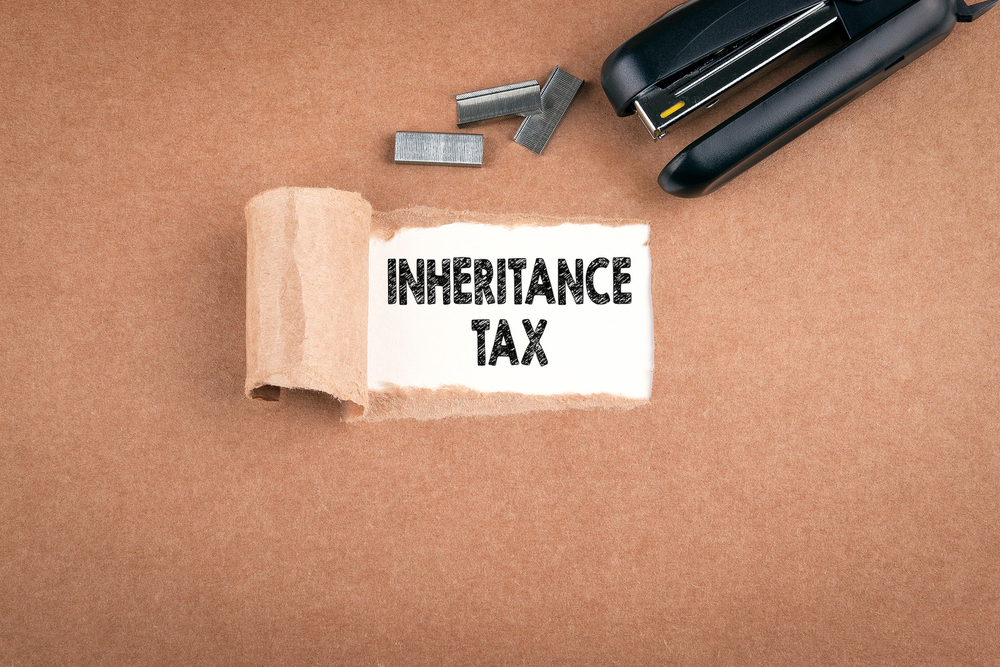The article “Can You Inherit A TFSA Tax-Free?” was originally published on MoneySense on June 27, 2018.
Linda wants to know if there are any tax or probate fee implications when you inherit a TFSA
Q: Is the money from a TFSA tax free as an inheritance? Any probate taxes?
—Linda
A: As a quick refresher, Linda, Tax Free Savings Accounts (TFSAs) are accounts where investment income, capital gains or other earnings are completely tax-free for a taxpayer. Withdrawals are also tax-free. Upon a taxpayer’s death, there are other considerations.
Probate fees are payable to a province to validate the will of a deceased person so that the executor or executrix can distribute the estate to the beneficiaries.
If the TFSA belonged to your spouse, Linda, and they named you as the “successor holder”, their TFSA effectively becomes your TFSA on their death and the account remains tax-free all along. There’s also no impact on your TFSA room. The account does not pass through their estate and that means there’s no probate payable.
If you’re named as beneficiary, as long as you transfer their TFSA to your TFSA by December 31 of the year after your spouse dies, the market value as of their date of death is considered an “exempt amount” and does not impact your TFSA room.
The account does not pass through their estate and that means there’s no probate payable.
So, if you were named as the successor holder or the beneficiary, both situations would avoid probate, but only being named as successor holder would avoid any tax implications. A beneficiary may have tax to pay if the account rose in value.
If the TFSA, in this case, did not belong to your spouse, the situation would be a bit different, Linda. You can only name a spouse as a successor holder, so if the deceased named you as beneficiary, that too would avoid probate. Tax would apply on the growth in the account value after death and be reported by you as a TFSA taxable amount on a T4A slip.
Finally, if you were not named as the TFSA beneficiary and instead the beneficiary was “estate”, the TFSA would be paid into the deceased’s estate. Probate fees would be payable to their province of residence to validate their will and distribute their TFSA proceeds to their beneficiaries. Growth in the TFSA value after the date of death would be taxable to the estate.
Estate planning is more than just making sure you have a will. It’s important to remember that not all your assets will pass through your will. And it’s important to remember that proper testamentary appointments like successor holders and beneficiaries can be just as important as having an up-to-date will.
Jason Heath is a fee-only, advice-only Certified Financial Planner (CFP) at Objective Financial Partners Inc. in Toronto, Ontario. He does not sell any financial products whatsoever.

